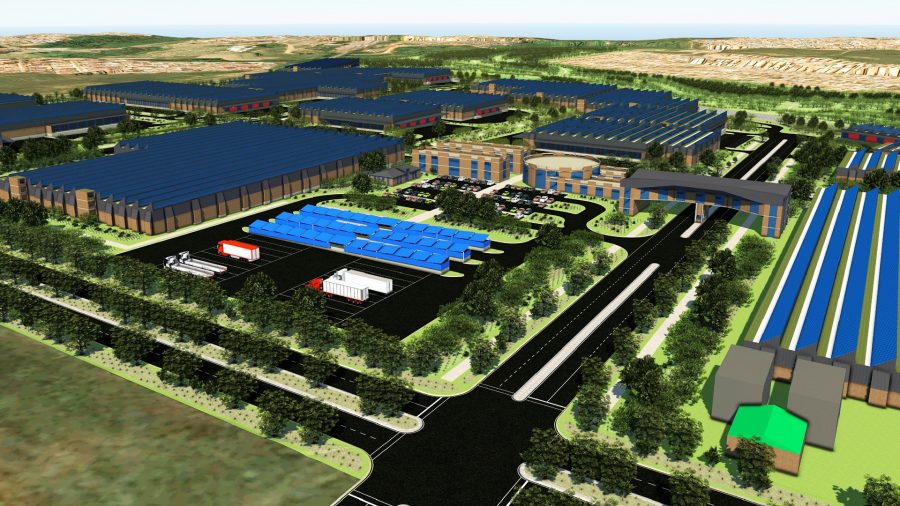- An “automotive special economic zone” in Tshwane is one of three locations worldwide that will manufacture the next-generation Ford Ranger.
- The economic zone comes through an intergovernmental agreement between the DTIC, the Gauteng Department of Economic Development, and the City of Tshwane Metropolitan Municipality.
- A total of 2 080 permanent jobs are set to be created as production in the zone ramps up with a further 10 000 jobs expected to be created across Ford’s local supplier network.
A new economic zoning initiative in Tshwane, Gauteng has officially entered “full operation” as 10 auto component manufacturing companies located in the zone have started production, including Ford Motor Company South Africa (FMCSA).
As production of the next generation Ford Ranger began on 14th November 2022, the Tshwane Automotive Special Economic Zone (TASEZ) is set to be one of three locations worldwide that are producing parts for the upcoming vehicle, according to SA News.
Reportedly, FMCSA made a capital investment of R15.8 billion for the production of the next generation Ford Ranger. From the other suppliers, the zone is projected to net a projected investment of R4.2 billion.
“The speed at which the Tshwane Automotive SEZ was developed is a testimony to what South Africa can achieve with strong partnership between the private and public sector, with a big role played by the communities of Mamelodi, Nellmapius and Eersterust. They ensured that the project continues unhindered in view of the timeframes,” enthused the Deputy Minister of Trade, Industry and Competition, Fikile Majola

Established in May 2020, the TASEZ is an intergovernmental agreement between the Department of Trade, Industry and Competition (DTIC), the Gauteng Department of Economic Development, and the City of Tshwane Metropolitan Municipality.

It is part of a new approach being administered by the public sector.
“The approach places an emphasis on the involvement of all three spheres of government (national, provincial and local) and the private sector in the planning, development and management of Special Economic Zones. The new approach presents a multipronged approach to industrial development, with prominence on building partnerships with the private sector to unleash job-creating investment,” Majola adds.
A total of 1 259 permanent jobs have been created by these suppliers (76 percent youth and 32 percent women). As production ramps up the projected target of permanent positions will increase to 2 080.
During ongoing construction efforts in the zone, 4 848 people found employment so far. Within Ford’s own facilities, a further 1 200 additional jobs have been established with an estimated 10 000 new jobs created across Ford’s local supplier network, according to government.
It was created to be a “special purpose vehicle production zone,” its first phase of development was specifically directed towards establishing additional infrastructure and capacity with Ford’s supply chain in South Africa.
Production began at the facility as early as January 2021, but it was focused on the previous edition of the Ford Ranger.
During the past 10 months, all investors have reportedly taken occupancy in the zone and “have been preparing themselves for the new start of the production of the new Ford Ranger,” Majola said.
[Image – Ford South Africa]

